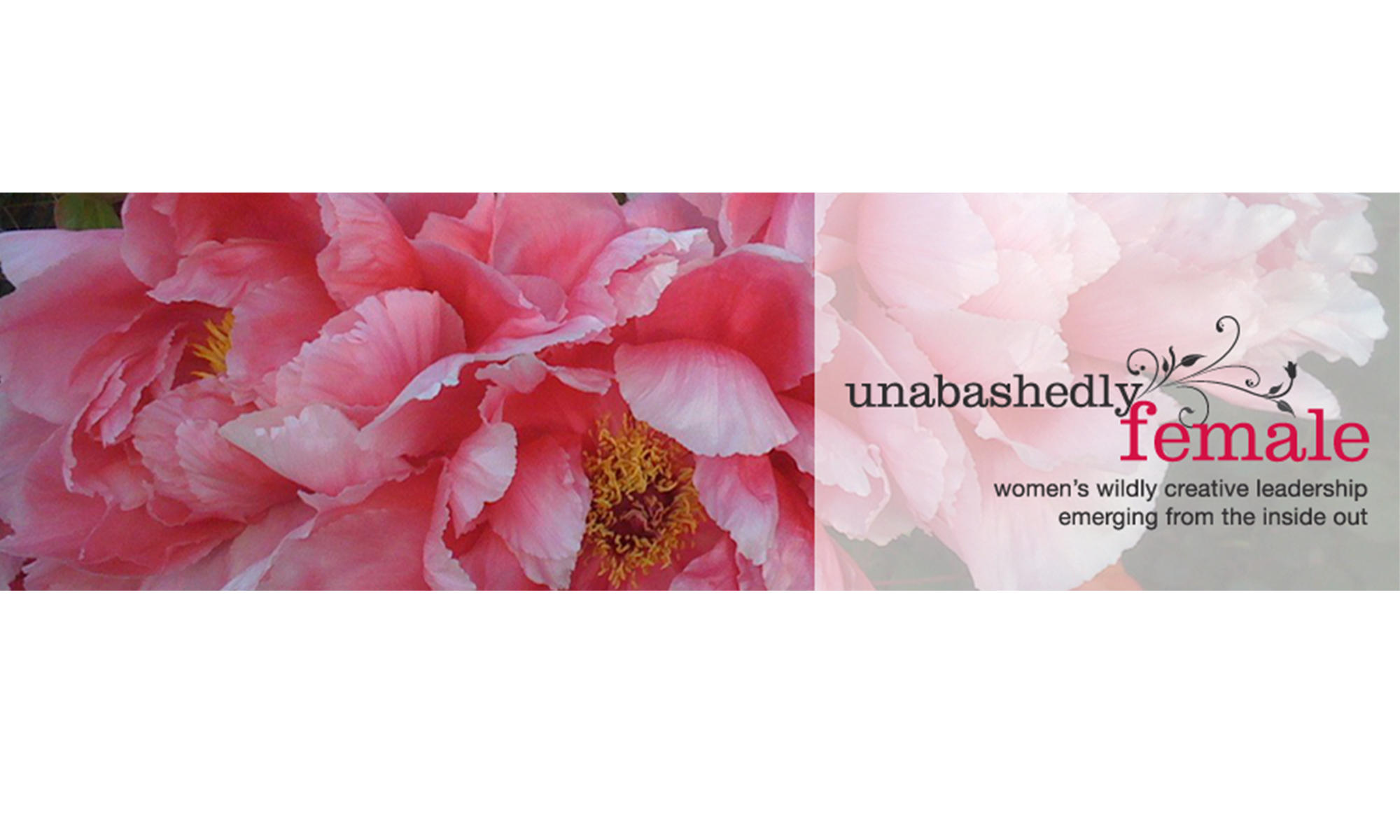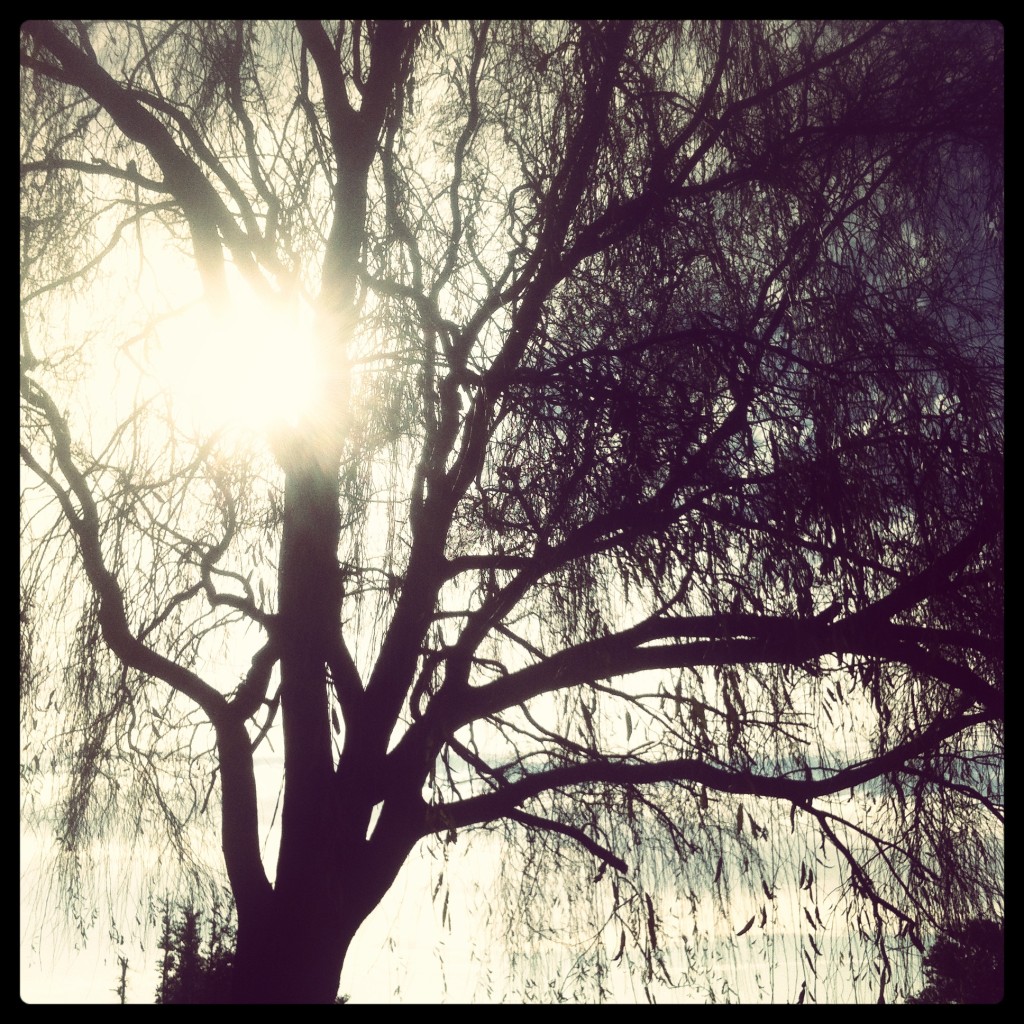Life force is a flame within.
Creativity is this burning desire to express something into the world, into form, to live something true.
Anat Vaughan-Lee writes, “We do not always know what it is or how to articulate it, but deep inside there is a longing, a longing to live according to a true calling.” We all have this longing, a quality of the feminine.
What I’ve seen over the course of the past twelve years facilitating creativity through courses and coaching is how difficult it can be to allow this expression to come through when we are ‘comfortable’, meaning when our lives aren’t challenged, when we seemingly have what we think we want, what makes us feel safe. But this fire isn’t about comfort, because our lives aren’t about comfort. No, the fire is about expression, and most often there is nothing comfortable about expressing this into the world. Makes sense. It is fire. Fire burns. Fire clears away debris. Yet, in this discomfort we live what our soul is here to live.
What happens when the fire smolders? When it sits in our belly, circling around and around trying to find oxygen to burn but our breathing only goes down to our chest? Fire needs oxygen. It needs space to move. It needs fuel to burn. What has to be thrown onto the pile to fuel the fire?
What has to go? Is it safety? Is it surety? Is it looking good, ensuring we don’t rock boats?  Is it not wanting to see reality as it is, right here, right now? Is it not wanting to feel? Is it not wanting to take responsibility for ourselves and the health of our world?
There could be many things that need to go. I know that is true for me. The desire for safety in my life has been my number one piece of fuel. Yet, in that desire for safety, something completely understood considering my past, I am thinking of only myself. And in doing so, I smolder the flame.
What I’m discovering in holding my Writing Raw circles, and in being in active communion with other women writers, is that there is a fire in women to speak, a fire burning to bring forth what we know into this world through words, through voice. And, I know this because I am a woman and this fire is in me. This fire for voice is a longing to declare what we know and see. It’s a fire to stand on even ground, as a full human being, with a voice that carries across to others, with something to say. And this something comes on its own – if we go within to the source – our own soul.
I just read a 2012 New York Times article, Why Afghan Women Risk Death to Write Poetry, by Eliza Griswold, and in this piece I see clearly just how this strong this fire is when freedom is taken away. And conversely, I see how comfort smolders the fire rather than stoking it. [The piece is long and well worth the time.]
In this article, Eliza Griswold writes about Mirman Baheer, a women’s literary society based in Kabul, Pashtun poetry, and about how women from the outlying regions of the country where freedom for women is tightly constricted sometimes take amazing risks for their words to be known and their voices heard.Â
“Pashtun poetry has long been a form of rebellion for Afghan women, belying the notion that they are submissive or defeated. Landai means “short, poisonous snake†in Pashto, a language spoken on both sides of the Afghanistan-Pakistan border. The word also refers to two-line folk poems that can be just as lethal. Funny, sexy, raging, tragic, landai are safe because they are collective. No single person writes a landai; a woman repeats one, shares one. It is hers and not hers. Although men do recite them, almost all are cast in the voices of women. “Landai belong to women,†Safia Siddiqi, a renowned Pashtun poet and former Afghan parliamentarian, said. “In Afghanistan, poetry is the women’s movement from the inside.â€
Traditionally, landai have dealt with love and grief. They often railed against the bondage of forced marriage with wry, anatomical humor. An aging, ineffectual husband is frequently described as a “little horror.†But they have also taken on war, exile and Afghan independence with ferocity.”
Poetry is a powerful force in areas where women have so few avenues for self-expression. Poetry is written by women all over the world. Many women speak out, writing powerful poetic pieces that come directly from their souls, and these poems ignite the fires within us.
But so many of us don’t voice our soul’s expression. We long to speak what we sense is smoldering within, but we don’t. And, I’m not talking about being talented or convincing another. I’m talking about being expressed.
Before I go further, I want to be clear I am not wanting to co-opt something so gorgeously belonging to these Afghan women writing Pashtun poetry. And, I’m not equating our lives as western women to these women in the article. Not at all. What I want to do is find the thread that links us together, and find a vehicle of expression that allows for these words to come forth as they desire to do through each of us.
There is a thread that weaves through all of us women – a red thread – a thread of longing – a thread of power and passion – a thread of creative expression that lives and breaths the feminine embodied.
Whether the constriction of freedom is on the outside or whether it is in our internalized beliefs that we aren’t free; whether the threat of harm is obvious and clear, or is veiled and not spoken, this longing to live something, to express this flame of life into the world, is trying to shoot up into life, to live.
What if poetry, one example being these two-line Landai, is the way the feminine (and women) moves from the inside?
What if poetry is simply a word to describe the soul’s language? A language that flows from the heart, that is fired from longing?
We can get stuck in and fixated on our ‘idea’ of poetry as what we’ve known in our experience, yet discovering this form of Landai really opens up my own notion of what poetry ‘is’.
And, the way the Landai are ‘safe’, her’s yet not her’s, makes me wonder. Does our tendency in the west to fixate on ‘owning’ our creativity, our words, get in the way of our creating? If it flows from Source, what greater honor could there be than speaking aloud these words?
This ‘not owning’ individually, but collectively instead, is a quality of the feminine itself, and it would then make sense that women would naturally and instinctively embody this in writing that flows from within.
This ‘her’s yet not her’s’ is an expression of the whole rather than the individual, and it is an expression of giving over one’s needs in service to caring for the whole.Â
My friend, Megan McFeely, a filmmaker exploring the feminine through her film, ‘As She Is‘, writes, “More sooner than later we (you and me) are going to have to accept that the rights for the health of the WHOLE are more important than the rights of the individual.”
Is not wanting to cede our individual ‘rights’ that we so strongly hold tight to in many parts of the world, nor letting go of what we believe we ‘own’, getting in the way of a powerful voicing of the soul’s expression – individually AND collectively?
In all expression, there is Source and there is the vessel through which Source expresses. We are each vessels through which Source flows. In this way, our expression is ours but not ours.
Can we women here in the west learn something from this? Can we write poetry that is ours but not ours?
I believe so, and I believe what we can learn is critical to our voices being heard.
The voice within pulses through this flame. We feel it. We can try to turn away from it, but the longing is strong. In the article, Meena, a young woman from Gereshk, Afghanistan writes,
“I wish I had the opportunities that girls do in Kabul,  “I want to write about what’s wrong in my country.â€
Then Eliza adds,
“Meena’s father pulled her out of school four years ago after gunmen kidnapped one of her classmates. Now she stays home, cooks, cleans and teaches herself to write poetry in secret. Poems are the only form of education to which she has access.”
Can you feel the fire? The fire to keep learning, to communicate, to express? the desire for freedom? No matter how the flame is tamped down, it still tries to ignite.
Complacency silences. Guilt for having more ‘whatever’ silences. But if we don’t soon throw our individual wants and ownership onto this smoldering fire, what is in store for us? Creation is much more intelligent than our egos. The seed of what is new is trying to break through the ground, as sometimes what cleans the forest floor quickly and efficiently is a raging fire.
I go back to the beginning, asking myself these questions…
What is the fuel you need to offer to this flame of longing within?
How might giving up ownership free you?Â
I offer them to you. And then,
Find a circle where you can write that which is yours but not yours, and voice it aloud, and then give it over.
:::


